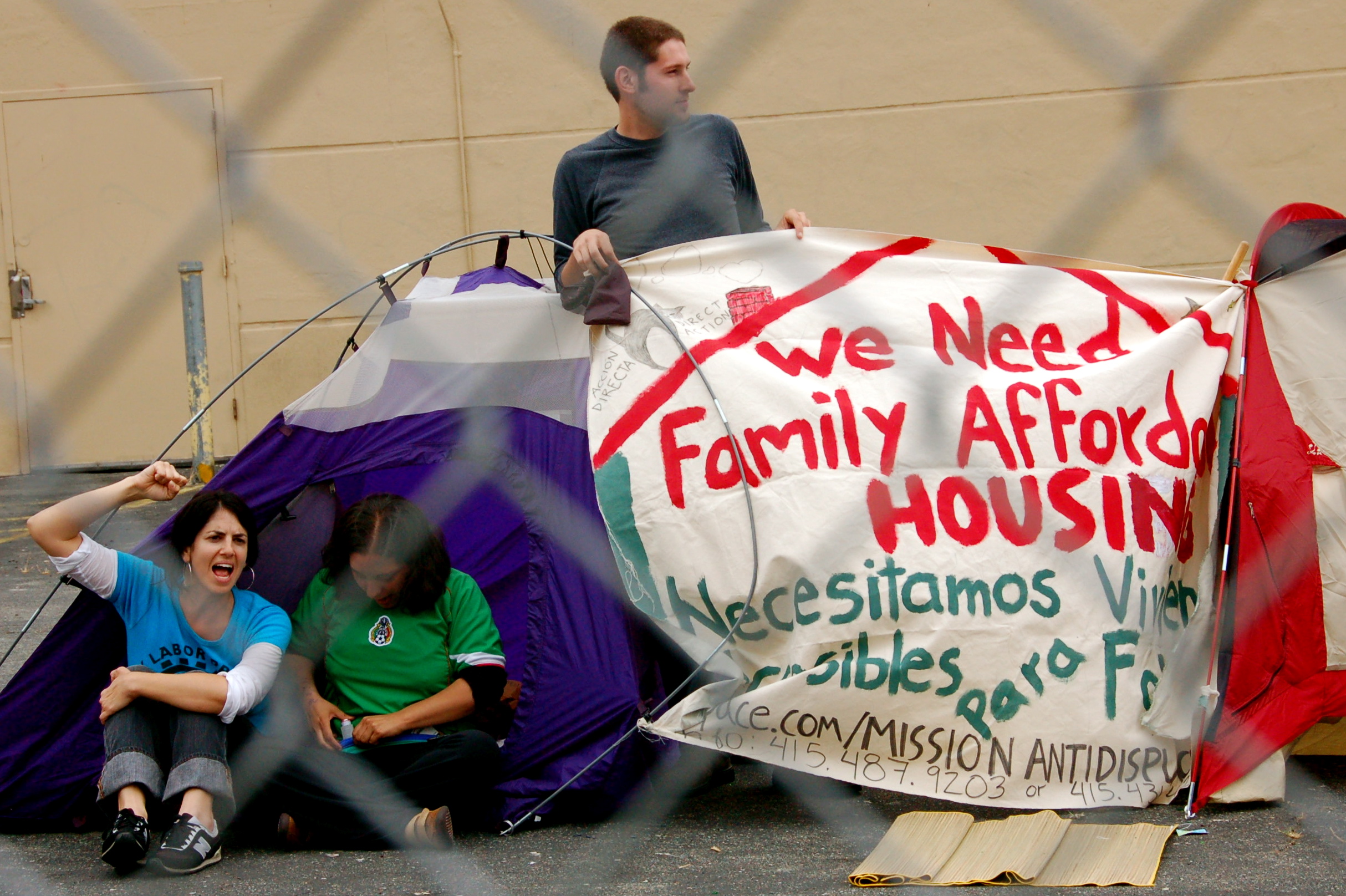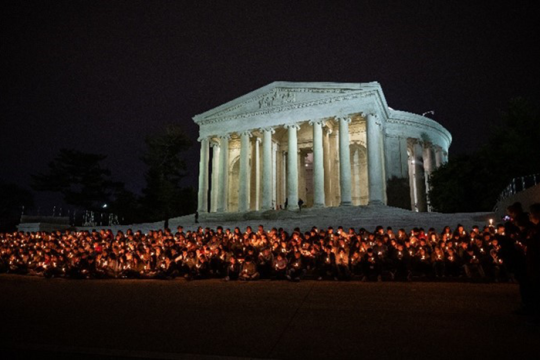
For it was little which you had before I came, and it has increased abundantly; and God has blessed me wherever I turned. And now when shall I provide for my own house? (Genesis 30:30)
In this week’s Torah portion, Vayeitzei, Jacob asks his uncle, Laban, for the means to provide for his own household. Jacob had worked for Laban for over fourteen years, and had found great success turning his small flock of animals into a much larger flock, bringing much wealth to Laban. After years of work for Laban, he wants the dignity of being able to support himself. He doesn’t ask for much. Just enough to provide for his family.
Too many people today find themselves in Jacob’s position. Currently the “housing wage,” or the wages needed to afford a two bedroom apartment, is $4 more than the average wages of renters. Today, more than 11 million families pay more than 50% of their income on their rent! These families are constantly at risk of losing their housing because they are unable to afford their rent. And for many others, the high cost of housing in America forces them to live in crowded apartments with family and friends, or to find places to live in homeless shelters. The ability to live in one’s own house, a modest house, is too far out of reach.
Recognizing the importance of affordable housing for low income people, Congress has funded numerous programs to help Americans afford their rent. The Housing Choice Voucher Program provides low-income families, the elderly and people with disabilities “afford decent, safe, and sanitary housing in the private market.” Participants in the program pay 30% of their income toward certain approved housing units, and the federal government covering the rest of the payment for housing. This program has been found to significantly reduce homelessness and housing instability compared to other programs that attempt to assist people experiencing homelessness. Children in families receiving vouchers are less likely to miss school, while adults experience lower rates of drug use and domestic violence.
![]()
More than 5 million people in 2.1 million households depend on these vouchers. In 2013, due to across-the-board budget cuts, 100,000 vouchers were cut from the program, meaning that 100,000 families no longer received the support they needed to pay their monthly rent. While one-third of these lost vouchers have been restored, there are still 60,000 vouchers that are not being provided to families in need.
Jewish tradition calls on us to “share bread with the hungry, and bring the homeless into (our) homes (Isaiah 58:7).” As Congress finishes negotiating the budget for the year, they have an opportunity to raise up people in need. Congress can restore funds to human needs programs like the Housing Choice Voucher Program and the WIC program that provides food to families with children under 5 years old. Urge Congress to allocate $470 million to fully fund the 60,000 vouchers that were cut, and have yet to be restored, and to restore money to the WIC program. Like Jacob, Americans are asking for the ability to support themselves and their houses. Let’s ensure that all people have the means to afford these basic needs.
Related Posts

Why is this Right Different?: City of Grants Pass, Oregon v. Johnson and the Passover Call to Action

Highlights from the 2023-2024 L'Taken Season


